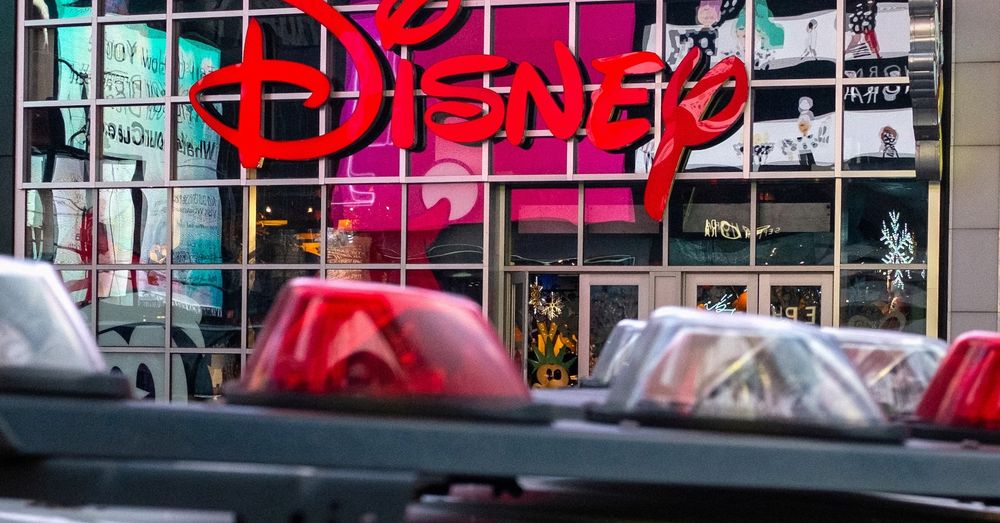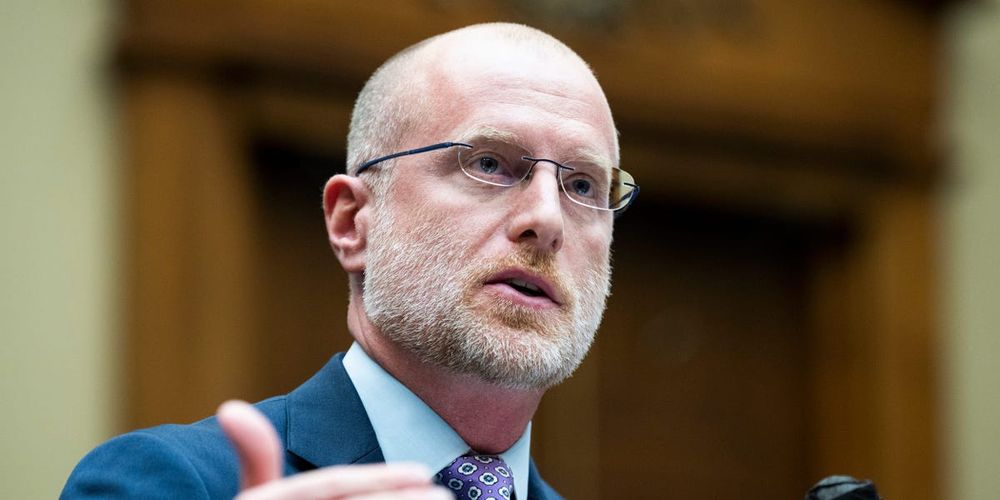
Media Moguls Bet On Trump—Now They’re Paying the Price
Media titans thought Trump 2.0 would be a business bonanza—instead, it’s turned into a regulatory nightmare.
Burned by the Don
Media titans thought Trump 2.0 would be a business bonanza—instead, it’s turned into a regulatory nightmare.
Jon Passantino @ Status
March 29, 2025
https://www.status.news/p/trump-media-tech-business-environment
Donald Trump. (Photo by Chip Somodevilla/Getty Images)
Media executives thought they were getting a deal with Donald Trump.
After years of oversight from Joe Biden, they hoped Trump would usher in a warm new era of deregulation, and ignite a flurry of pent up mergers and acquisitions activity. They welcomed Trump in glowing public statements, personal visits to Mar-a-Lago, and lined his pockets by settling winnable lawsuits to the order of tens of millions of dollars.
Sure, Trump’s first term in office was a ghastly experience for the media, but this time didn’t have to be that way. The era of “resistance” was over and fair-minded and thoughtful adults had prevailed. This time would be different. Better.
Warner Bros. Discovery boss David Zaslav made headlines in November when he said the Trump administration “may offer a pace of change and an opportunity for consolidation that may be quite different, that would provide a real positive and accelerated impact on this industry that’s needed.”
Over the course of the following weeks, Bob Iger’s Disney agreed to make a $15 million donation to a future Trump presidential library to end a lawsuit against ABC News, Mark Zuckerberg’s Meta paid Trump $25 million after suspending his accounts over the Jan. 6, attack, and Larry Ellison went to the White House to back Trump’s “Stargate” project ostensibly in hopes of winning support for his son’s Paramount takeover.
But just two months into the new administration, the business friendly environment they dreamed of has turned into a nightmare. Trump’s government, stocked with loyalists, has launched a burst of investigations and challenges to the nation’s biggest media and technology companies, dealmakers have put their long hoped-for plans on hold, advertisers are pulling back as Trump’s economic policies rattle the markets, and foreign tourists are rethinking travel to the U.S., potentially impacting theme parks owned by Disney and NBCUniversal.
Trump also tapped the notorious antivaxxer Robert F. Kennedy Jr., who vowed as a presidential candidate to ban prescription drug advertising on television on "day one," as his Health and Human Services secretary—a prospect that would deal a potentially devastating blow to the networks.
And while media executives have turned down the volume on Trump in hopes of appeasing him, he has continued to assail their outlets with vitriol. He trashed CNN as “so dishonest,” and slammed the network as having “no credibility.” He denounced MSNBC as “a threat to our democracy” with “bad people at the top!” And in a disturbing speech to the Department of Justice about the press, he took it a step further, claiming, “It’s totally illegal what they do. I just hope you can all watch for it, but it’s totally illegal.”
While Zuckerberg publicly bowed to Trump’s wishes by putting an end to “biased” fact checking on his platforms and appointing Trump ally and UFC boss Dana White to his board, Trump’s Federal Trade Commission chair Andrew Ferguson said that the agency is ”gearing up” for trial next month to break up the social media giant. “We don’t intend to take our foot off the gas” when it comes to Big Tech, he said.
Ferguson also announced the agency was opening a new inquiry into whether online platforms—including Zuckerberg’s—“censor” users, embracing the long held (and false) claim by Republicans and right-wing media personalities that Big Tech is silencing their voices, in a possible precursor to a formal investigation.
Meanwhile, Brendan Carr, the Trump-appointed head of the Federal Communications Commission, has weaponized the agency to go after the nation's biggest media companies and threatened to block M&A proposals from any company that uses diversity, equity and inclusion practices in hiring.
Carr launched investigations into Verizon and Comcast, which owns NBCUniversal, over their supposed D.E.I. programs. And he revived a news distortion investigation into CBS over its “60 Minutes” interview with Kamala Harris, saying it would factor into the FCC’s review of owner Paramount’s pending merger with Skydance.
Then on Friday, the FCC chair took aim at the House of Mouse, sending a letter to Iger announcing the agency was opening an investigation into its practices.
"In particular, I want to ensure that Disney and ABC have not been violating FCC equal employment opportunity regulations by promoting invidious forms of DEI discrimination," Carr wrote in the letter linked to an article by far-right activist Chris Rufo describing Disney as “the wokest place on Earth.”
While the FCC has long issued broadcast licenses and regulated the airwaves, Carr's aggressive moves to punish media outlets over their internal HR policies marks an extraordinary, and potentially illegal, expansion of power.
It's still early in the new administration, and Carr could temper his approach, but the onslaught of attacks on the media shows that executives' attempts to pacify Trump have backfired spectacularly. Their dreams of deregulation and a business boom have quickly faded into the reality that Trump remains who he has always been—driven by a desire for retribution and control. While we are taught as children to stand up to bullies, their actions have only emboldened Trump's quest for greater power over those he perceives as his enemies.
As Noah Shachtman, the former Rolling Stone editor in chief, wrote of Carr's Disney probe: “It's almost like giving bullies your lunch money encourages them to shake you down tomorrow."




